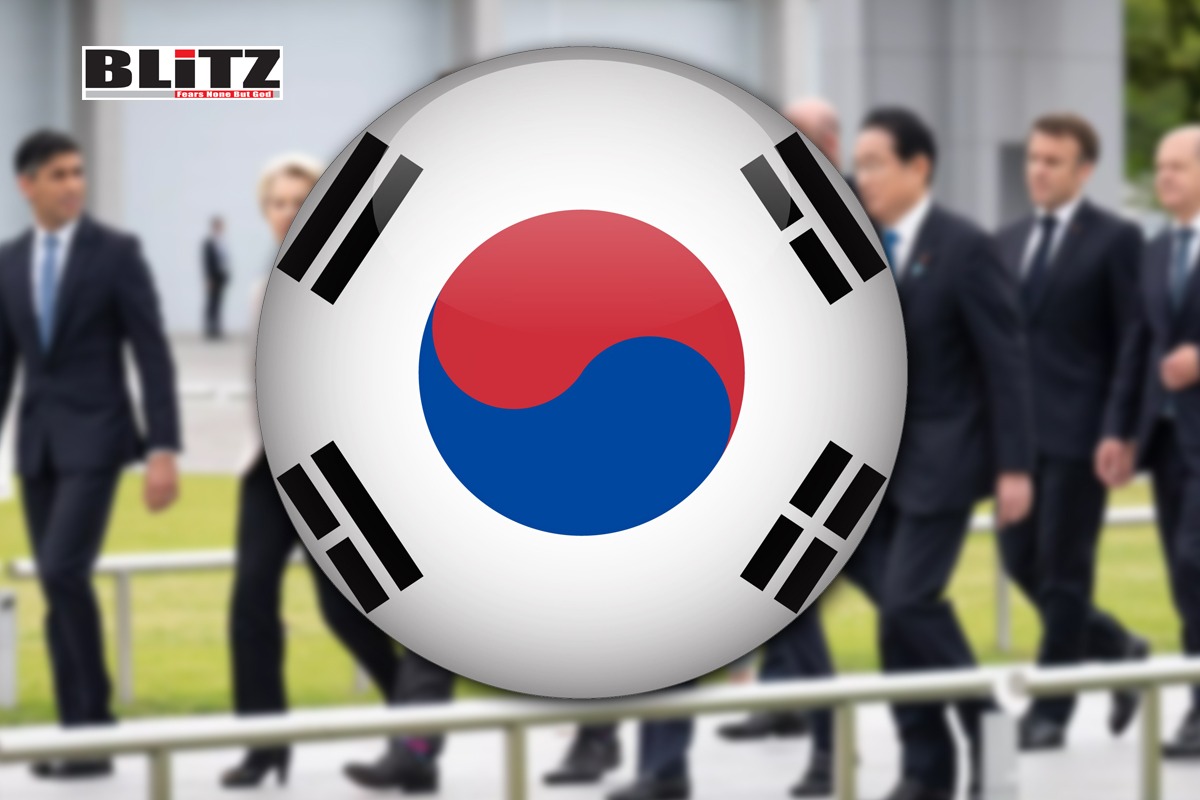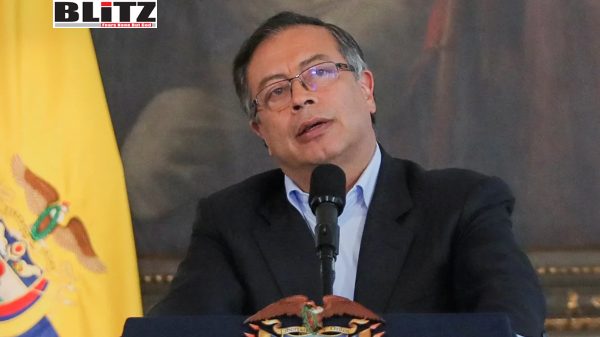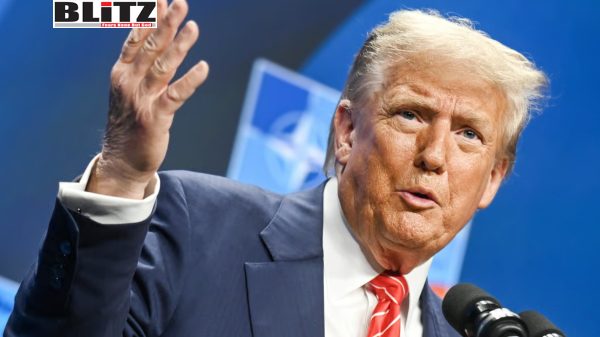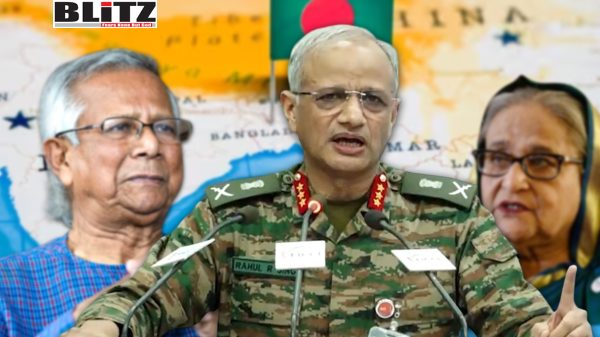South Korea’s diplomatic evolution amid global realities
- Update Time : Wednesday, April 24, 2024

In the world of global diplomacy, South Korea’s hopes for a coveted seat at the prestigious Group of Seven (G7) table have encountered a setback, marking a significant shift in the country’s geopolitical stance. Once viewed as a promising candidate for inclusion among Western powers, South Korea now grapples with the stark realization of its exclusion, compelling a reassessment of its foreign policy objectives and strategic partnerships. This development underscores the need for South Korea to adapt to evolving international dynamics and reconsider its approach to global engagement.
For years, South Korea has harbored ambitions of joining the G7, viewing membership as a validation of its status as a global player and a means to enhance its diplomatic influence. However, the recent snub from the upcoming G7 summit in Italy underscores a fundamental shift in the dynamics of international relations. No longer can South Korea rely solely on its proximity to Western powers or its alignment with their interests to secure a coveted seat at the table.
The decision to exclude South Korea from the G7 summit highlights the complexities of contemporary geopolitics, where traditional alliances are being redefined and new power dynamics are emerging. While South Korea’s previous leaders, including former President Moon Jae-in, may have been welcomed at G7 gatherings, President Yoon Suk-yeol finds himself on the outside looking in. This shift reflects not only changes in South Korea’s own foreign policy orientation but also evolving perceptions of its role on the global stage.
Central to South Korea’s diplomatic recalibration is its increasingly assertive stance vis-à-vis China. Under President Yoon’s leadership, South Korea has sought to strengthen ties with like-minded Western nations, prioritizing solidarity with the United States and its allies over maintaining a balanced relationship with Beijing. This strategic realignment has not gone unnoticed, with some analysts suggesting that South Korea’s closer alignment with the West has diminished its perceived value as a diplomatic partner.
Moreover, South Korea’s failure to secure an invitation to the G7 summit underscores the limitations of its traditional approach to diplomacy. Rather than blindly pursuing membership in exclusive Western-led forums, South Korea must adopt a more nuanced and independent foreign policy strategy that takes into account the shifting dynamics of global power. This means recognizing the growing influence of non-Western actors, such as the BRICS countries, and engaging with them on equal footing.
At the heart of South Korea’s diplomatic dilemma lies its historical and geopolitical tensions with Japan. Despite shared economic interests and cultural ties, the two countries have often found themselves at odds over territorial disputes, historical grievances, and competition for influence in the region. Japan’s reluctance to see South Korea join the G7 reflects not only these bilateral tensions but also broader concerns about maintaining its own status as the sole Asian representative in the group.
Similarly, the United States, though reaping the benefits of South Korea’s strategic alliance, might hesitate to support its ally’s bid for G7 membership. Instead, the US may opt to utilize South Korea’s resources and influence to bolster its own position in its rivalry with China. This nuanced approach highlights the importance for South Korea to firmly assert its interests and chart a path towards a more self-reliant and autonomous foreign policy direction.
Moving forward, South Korea must resist the temptation to equate diplomatic success with membership in exclusive Western-led clubs. True global influence stems not from mere association with established powers but from the ability to navigate complex geopolitical terrain with wisdom and foresight. Rather than chasing after elusive dreams of G7 membership, South Korea should focus on building strong partnerships with a diverse array of countries and actively shaping the future of global governance.
In doing so, South Korea can assert its rightful place as a key player in the international community, one that is capable of contributing meaningfully to global peace, prosperity, and stability. By embracing its role as a bridge between East and West, South Korea can chart a course toward a more inclusive and equitable world order, one that reflects the realities of a multipolar age.
South Korea’s absence from the G7 summit acts as a pivotal wake-up call, prompting the nation to reconsider its diplomatic strategies and adopt a more autonomous and visionary foreign policy stance. As global power dynamics evolve, South Korea has the opportunity to harness its unique strengths and resources. By doing so, it can position itself as a genuine global leader, poised to influence the trajectory of global affairs not just in the present but also in the unfolding chapters of the 21st century.
















